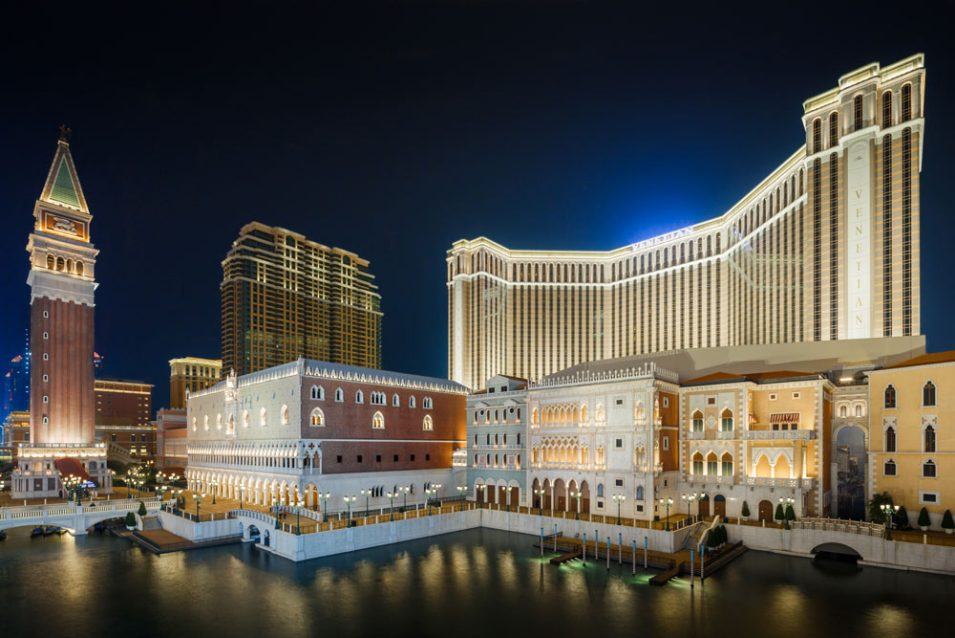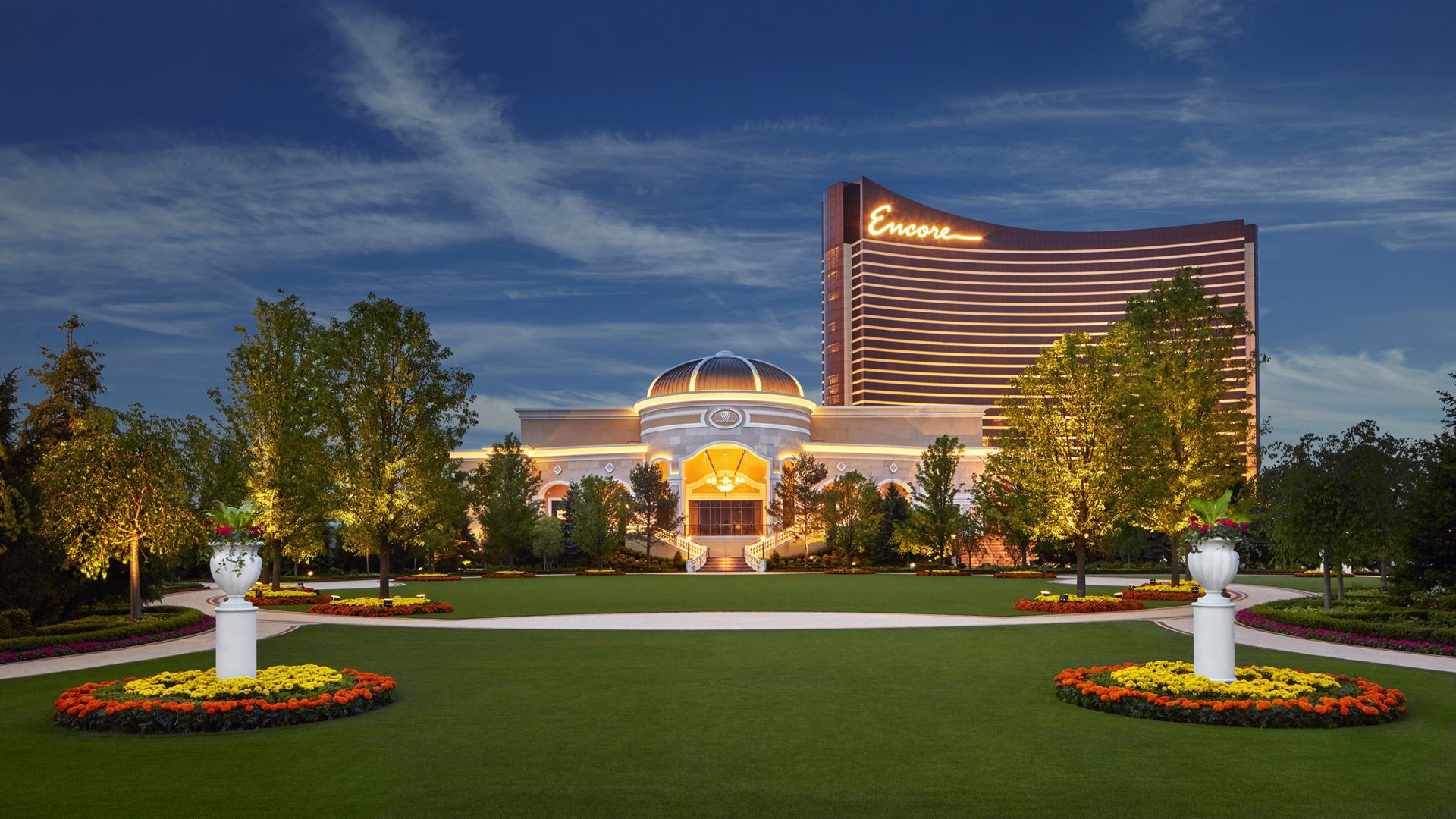Crown Resorts accepted a $6.4 billion buyout bid from Blackstone, a private equity firm. Just days after the news, the Australian casino company reported a $141 billion loss for the last six months of 2021. In other casino news, a credit agency cut Las Vegas Sands’ debt rating, while Wynn Resorts negotiated its first real estate sale.

It’s a tough environment for casinos. Borrowing costs are rising due to higher global interest rates. The pandemic is causing planning and staffing issues. But in uncertain times, some see risk, while others see opportunity. In other words, uncertainty drives buyout activity.
Crown buyout was just a matter of time
There’s been a flurry of deals in the casino sector. Last year, Bally’s bought the Tropicana, its first Las Vegas property. MGM Resorts bought the Cosmopolitan. Hard Rock International picked up MGM’s Mirage property. Crown Resorts’ buyout, however, involved more risk than most.
Crown struggled over the last few years. Initially, its problems were regulatory. A number of its Australian casinos were accused of aiding money laundering, putting their licenses at risk. Meanwhile, strict pandemic measures crippled the company financially. Last fall, Crown’s auditor issued a warning about its ability to continue as a going concern.
In 2021, Crown rejected buyout offers from Blackstone and a rival casino company, Star Entertainment Group. Blackstone recently sweetened its buyout bid, and Crown’s board unanimously accepted the offer. Crown’s shareholders will receive A$13.10 per share as part of the all cash, $6.4 billion deal.
Sands bonds rated junk as Vegas casino sale OK’d
Blackstone isn’t the only private equity firm scooping up casinos. Last March, Apollo Global Management bought the Sands’ Las Vegas properties for $6 billion. Last week, Nevada regulators approved of the buyout. Although, because of Apollo’s track record, it wasn’t a slam dunk.

Under Leon Black, Apollo Management was responsible for the world’s largest casino bankruptcy. That’s a regulator’s worst nightmare. Even though Black is no longer with Apollo, he was “the elephant in the room” during the Nevada Gaming Commission’s licensing hearing. In fact, much of the hearing was devoted to Black and the Caesars Entertainment bankruptcy.
While Sands got good news from Nevada’s regulators, it received bad news from a Wall Street’s credit ratings agency. On Wednesday, S&P Global Ratings downgraded Las Vegas Sands credit rating to junk based on Macau’s stalled recovery. The downgrade will force Sands to pay higher interest rates when it borrows money.

While dwarfed by the scale of Crown Resorts’ buyout, Wynn Resorts had a sale of sorts. In a model that is fast becoming the norm, Wynn is selling its Encore Boston Harbor property to a real estate investment trust. Wynn will rent the property back, continuing to operate the casino and hotel. Under the terms of the sale, Wynn will receive $1.7 billion and pay Realty Income roughly $100 million per year in rent. The 30-year lease has a 30-year renewal option.











